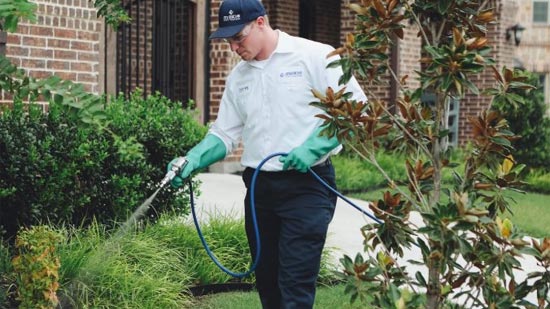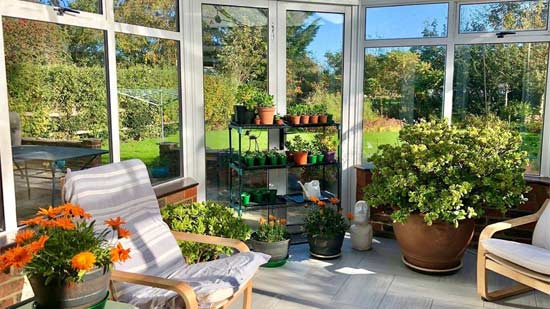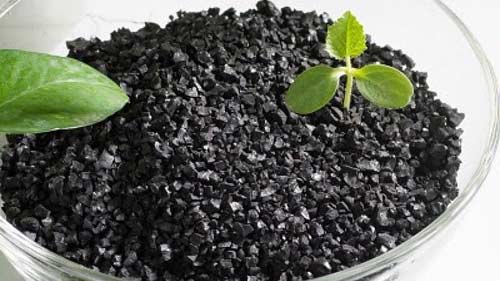 Pests can destroy and lay waste to a garden if left to thrive. Thankfully, there are several ways to protect your garden or crops from getting infested by pests. More importantly, consulting experts on Newcastle landscaping can make a whole lot of difference in your fight against pests. Before we dig deeper into avoiding pests in your garden, here are common types of garden pests you should know.
Pests can destroy and lay waste to a garden if left to thrive. Thankfully, there are several ways to protect your garden or crops from getting infested by pests. More importantly, consulting experts on Newcastle landscaping can make a whole lot of difference in your fight against pests. Before we dig deeper into avoiding pests in your garden, here are common types of garden pests you should know.
Types of Garden Pests
Snail and slugs: Snails and slugs are some of the most common types of pests in most UK gardens. They feed on all types of plants and tend to feet a night or during rainy days. They tend to leave behind irregular holes on the leaf’s centre or margin.
Squash bugs: Squash bugs normally infest plants such as cucumbers, melons, zucchini, pumpkins, and squash.
Tomato and tobacco hornworms: Tomato or tobacco hornworms are highly destructive garden pests. They are notorious for destroying plants such as tomatoes, eggplants, peppers, tobacco, etc. They tend to destroy the upper part of a plant’s leaves and can decimate the whole greenery if not controlled early.
Cabbage worms: Cabbage worms are pests that feed on plants such as cabbage, kale, broccoli, turnip, brussels sprout, and radish. They like to destroy flower clusters and leaves. In severe cases, they can cause complete defoliation.
Aphids: Aphids feed on a wide variety of vegetable plants such as cabbage, kale, tomatoes, and lettuce. They primarily feed on plant juice and can deform or distort the growth of plants.
How to protect your garden from pest infestation
Grow Resistant Crops
The first strategy to avoiding pests from your garden is to grow pest-resistant crops Before you plant any crop, take your time to research crop varieties and choose those that are proven to reduce the pest menace in your garden.
Interplanting
Interplanting is an effective strategy for confusing pests and slowing their momentum. Pests find it harder to thrive in interplanted crops such as vegetables, herbs and flowers. To confuse pests even further grow vegetables with coloured leaves such as kale or cabbage.
Plant outside pest peak season
Avoid planting crops when pests are in their peak season. For example, flea beetles tend to peak in activity in the summer, so it makes sense to plant in the fall when there are fewer beetles. Also, growing fast-maturing crops before pests arrive helps prevent your plants from suffering destruction at hands of pesky pests.
Use Physical Barriers
Physical barriers such as floating row covers or insect mesh can help separate your crops from pests. Allow the covers to rest on your plants or use hoops to support them. Covers can protect your crops from pests such as aphids, carrot fly, squash bugs, etc.
Use Beneficial Bugs
Ladybugs, parasitic wasps, lacewings, hoverflies are some of the beneficial bugs you can use to control harmful pests from destroying your plants. Beneficial bugs feed on pests and can decimate an entire population pretty quickly. You can attract beneficial bugs by planting flowers such as sweet alyssum, cosmos, yarrow, dill, and more. Consider growing flowers close to your vegetables for the best results.
Pesky pests can destroy your garden if given a chance to grow and multiply. Luckily, if you implement the above tips, you’ll have an upper hand at avoiding pest infestation in your garden.




